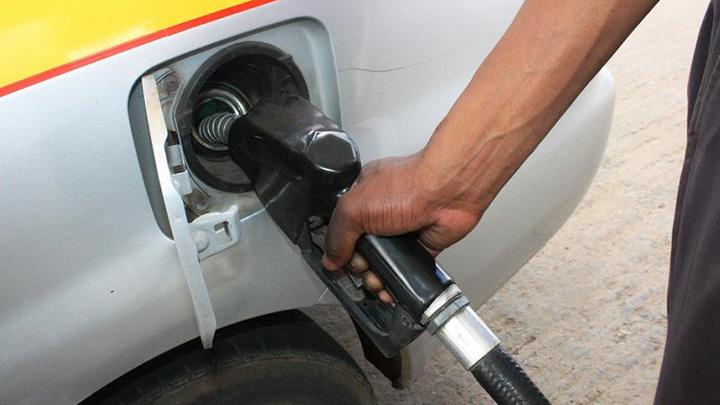Kenyans, already reeling from the skyrocketing cost of living, face a fresh blow as the government triples the Petroleum Regulatory Levy, effectively erasing recent fuel price reductions and threatening to further strain their wallets.
This move, announced by Energy Cabinet Secretary Davis Chirchir, raises the levy from Sh0.25 to Sh0.75 per litre, effectively cancelling out the gains from the February 14th price drop.
The levy, just one of several charges that determine the final price at the pump, previously constituted a significant portion of the cost: 38.17 per cent for super petrol, 34.31 per cent for diesel, and 31.97 per cent for kerosene.
While the February decrease provided a welcome relief, the levy hike casts a shadow over its sustainability.
"The Energy Act (Petroleum Regulation Levy) Order, 2018 is revoked," declared Chirchir, marking the first revision of the levy in six years.
Read More
This considerable increase comes as a surprise, particularly given the recent price reduction attributed to a decline in landed costs.
The impact of fuel prices extends far beyond the pump itself.
Transportation costs, essential goods, and various services are all significantly influenced by fuel prices, creating a ripple effect throughout the economy.
This levy increase, therefore, raises concerns about its potential to exacerbate existing economic pressures on Kenyans.
While the government's rationale for the levy hike remains unclear, its potential consequences are undeniable.
Kenyans now face a double blow: the initial relief of lower fuel prices may be short-lived, and the broader economic impact of increased fuel costs could be significant.
It remains to be seen how Kenyans will navigate this new challenge, and whether the government will offer any mitigating measures to ease the burden.


-1756474472.jpg)



-1753733469.jpeg)


